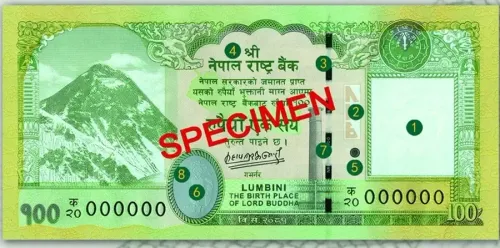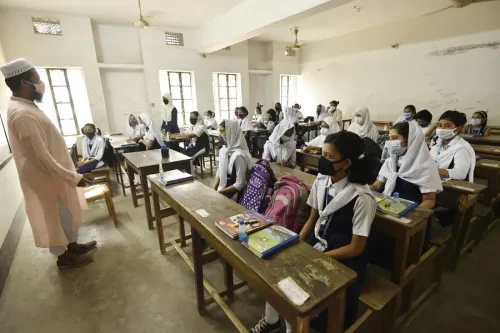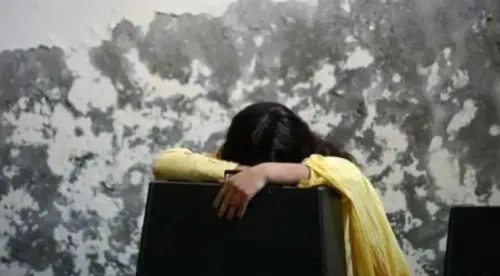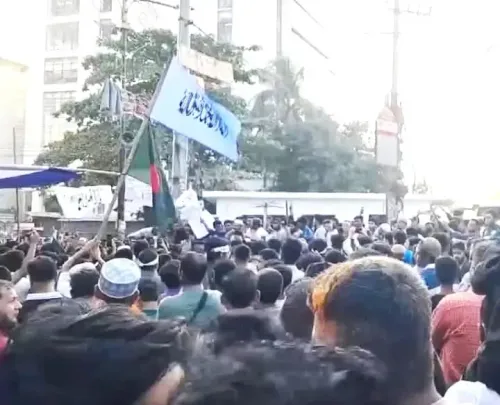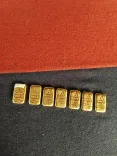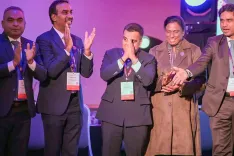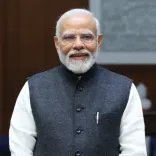Did South Korea's Court Deny Detention Warrant for Ex-President Yoon?
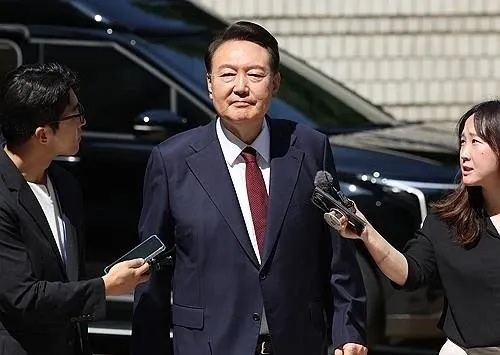
Synopsis
Key Takeaways
- Seoul Central District Court dismissed the detention warrant request for Yoon.
- The special counsel is investigating Yoon for alleged obstruction of duties.
- Yoon has been summoned to appear in court on Saturday.
- Failure to appear could lead to a formal detention warrant.
- The case has significant implications for South Korea's political climate.
Seoul, June 25 (NationPress) A court in Seoul on Wednesday rejected a plea to issue a detention warrant for former South Korean President Yoon Suk Yeol regarding his declaration of martial law last year, according to the special counsel.
The Seoul Central District Court turned down the special counsel's request, submitted on Tuesday, as part of the ongoing inquiry into Yoon's alleged interference with official duties and other related accusations stemming from the martial law declaration in December.
Following the court's ruling, the special counsel team, led by Cho Eun-suk, promptly informed Yoon to appear at 9 a.m. this Saturday. Officials mentioned that a formal detention warrant may be pursued if Yoon does not comply.
The court stated, "The request was dismissed because Yoon has shown his intention to adhere to the special counsel's summons." The team further noted, "Should he fail to appear, we will contemplate applying for a formal warrant."
Prior to the case being handed over to the special counsel, police had summoned Yoon for questioning on June 5, 12, and 19, all of which he neglected, leading the special counsel to pursue the detention warrant, as reported by officials.
The special counsel began operations last Wednesday, following the National Assembly's approval of a bill in early June that mandated a thorough investigation into insurrection charges against Yoon.
Yoon has been identified as a suspect for allegedly instructing the Presidential Security Service (PSS) to obstruct the execution of a detention warrant against him by the Corruption Investigation Office for High-ranking Officials (CIO) in early January.
Additionally, he is under suspicion of directing the PSS to erase records from secure phones utilized by three military commanders shortly after his unsuccessful attempt to implement martial law, as reported by Yonhap news agency.
Yoon's legal representative contends that Yoon ignored the summonses because the detention warrant issued by the CIO was executed unlawfully.

